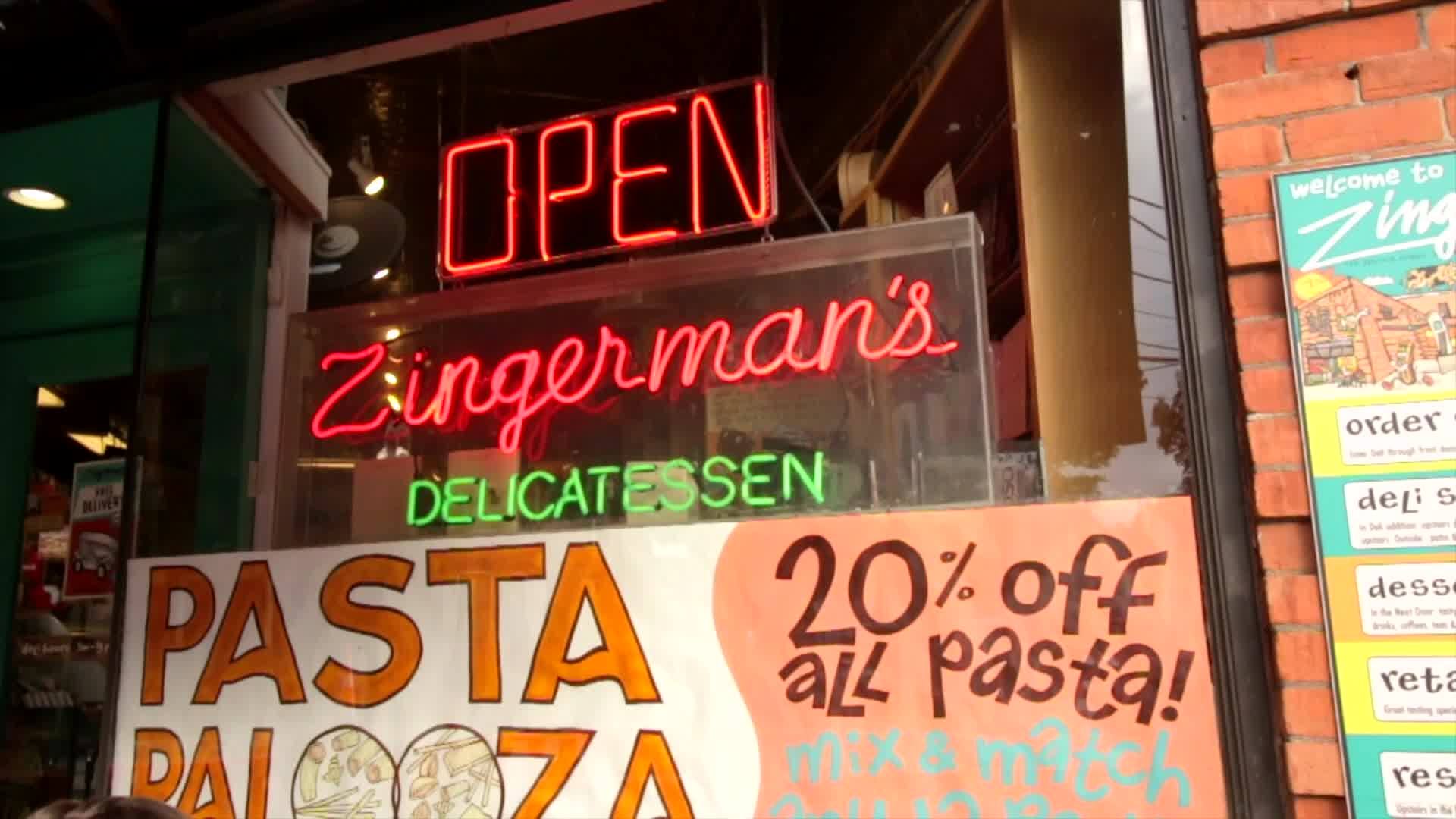Innovative Restaurateurs: Zingerman’s Helps Businesses Make Money and Keep Staff

Photo Credit: ZingTrain's program boasts an impressive list of alumni. Zingerman's Deli
Skift Take
As restaurants are scrambling to banish abusive cultures, Zingerman’s training arm is marking its 25th year of teaching ideas like open-book management, leadership philosophy, and continuous improvement.


